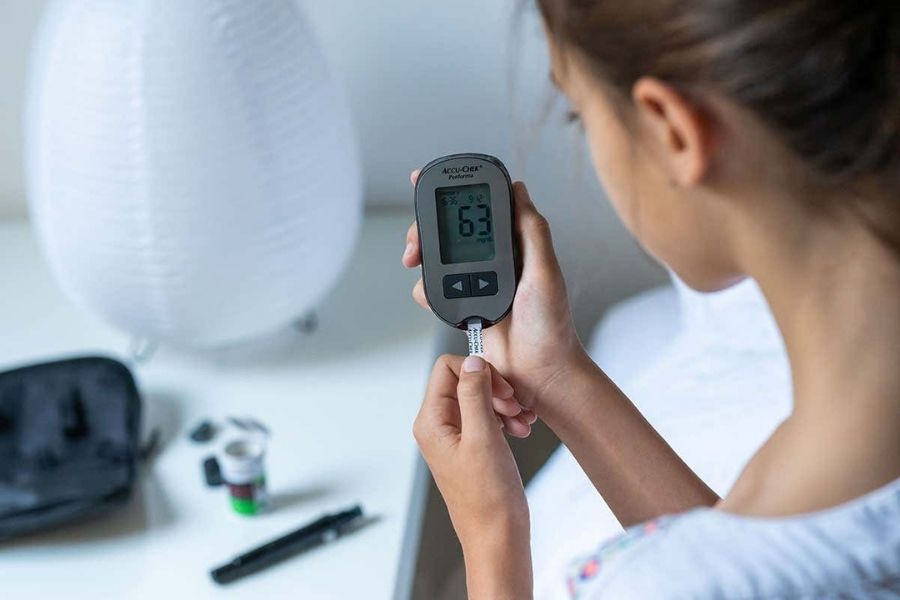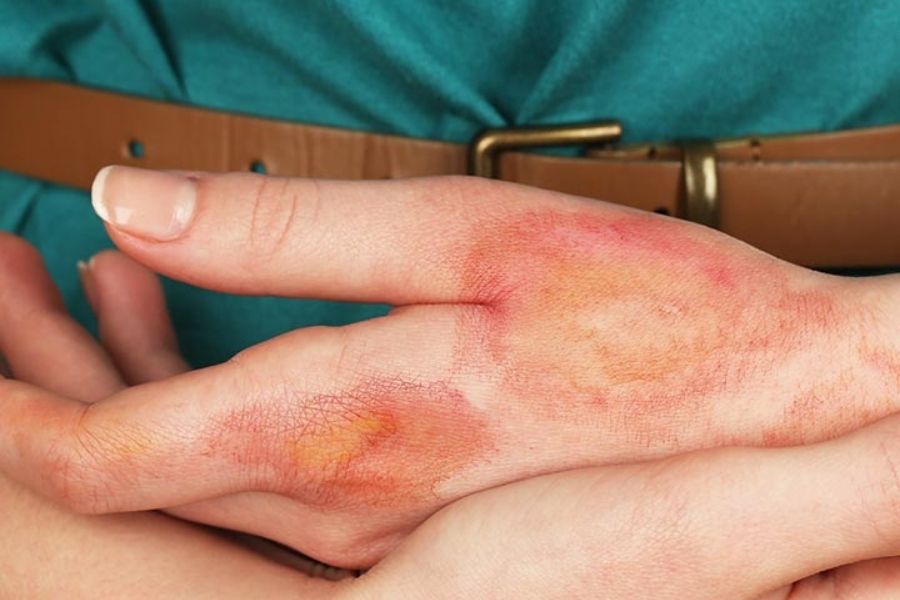Water is a vital component of the body. Keeping our body hydrated is important as our total body weight consists of 60% water. Dehydration occurs when there is a more loss of fluid than the intake, and our body is short of fluid to carry out its other normal functions, which are dangerous. There are many common causes of dehydration that are responsible for fluid loss.
Replacing with an adequate amount of water you lost is a must. Women should drink 92 ounces of 11.5 cups of fluid, whereas men should consume 124 fluids ounces, which is 15.5 cups per day. Anyone can be dehydrated, but some people are at more risks like infants, old-aged adults, athletes, and people with chronic illness and exposed to excessive amounts of heat.
Dehydration can be severe or mild. One can treat mild dehydration at home, but severe dehydration is needed to be treated in the hospital. According to the severity of dehydration, the symptoms are seen. In mild dehydration fatigue, excessive thirst, dry mouth, dry skin, decreased urination, constipation, dizziness, and headache. With mild dehydration symptoms, severe dehydration can cause a lack of sweat production, rapid heart rate, low blood pressure, rapid breathing, sunken eyes, and dark urine.
7 Common Causes Of Dehydration
Too much water loss and insufficient water intake are the reasons dehydration is caused—this loss of water results from the common causes of dehydration mentioned below.
1. Diarrhea And Vomiting

It is the most common reason for the loss of the excess amount of water. In a short time, excessive amounts of water and electrolytes are lost in severe and acute diarrhea. In this condition, diarrhea comes on suddenly and violently. Vomiting with diarrhea can cause more dehydration, and you can lose even more fluids and minerals.
2. Fever

During fever, the body loses the fluid through the skin’s surface to lower the body’s temperature. This is why we sweat more in fever, and if we sweat in excess and intake of water is low, this can lead to dehydration. Higher the fever, the more dehydrated you become. Therefore, doctors recommend drinking more water in fever conditions.
3. Sweating

Sweating means loss of water or fluid from the body. It is the body’s natural cooling process. When we do vigorous activity and don’t take a sufficient amount of water, it can cause dehydration. In this, the body gets heated, and sweat glands activate to release the body’s moisture to cool it off. Sweat provides hydration to the skin, and electrolytes are balanced. But excessive sweating means excessive loss of water that leads to dehydration. Hot and humid weather increases the amount of sweat and fluid you lose.
4. Frequent Urination

Some health conditions such as undiagnosed or uncontrolled diabetes or certain medication can cause chemical imbalances that increase the urine output. Urination is a natural way to release toxins from the body. If you have excessive and frequent urination, it is necessary to replace the fluid lost or develop dehydration.
5. Diabetes

The early symptoms of diabetes are extreme thirst and frequent urination, making it one of the common causes of dehydration. This happens as high blood sugar causes the sugar to fall into the urine and water, decreasing hydration in the body, which causes dehydration.
6. Illness Causing Vomiting And Diarrhea

Illness which causes excessive vomiting and diarrhea can lead to dehydration. During this process, many electrolytes are lost. Electrolytes are important minerals used by the body to control the muscles, blood chemistry, and organ function. They are present in the blood, urine, and other fluid in the body. Vomiting and diarrhea can damage body function and cause stroke or coma.
7. Burns On The Skin

Burn patients are more likely to become dehydrated. Our skin is a protective barrier that regulates fluid loss. The damaged skin of burn patients cannot prevent fluid loss. Other inflammatory diseases like toxic epidermal necrolysis, etc., can also be related to significant fluid loss, quickly turning into dehydration.
8. Inability To Drink Fluids

The inability to drink fluid sufficiently can be a possible reason for dehydration. It can be due to lack of water availability, strength to drink, or intense nausea with or without vomiting. If there is any unusual water loss, it can severely take the degree of dehydration.
Conclusion
The body needs water to function properly. No matter the cause, dehydration can quickly become dangerous. Increase the intake of water or the fluid in conditions like intense exercise, hot weather, and illness. Infants, children, and the elderly are more susceptible to dehydration. If you see the early signs of fluid loss, drink plenty of water, and take electrolytes. Consult a doctor if you see these common causes of dehydration that can be severe if not treated.







